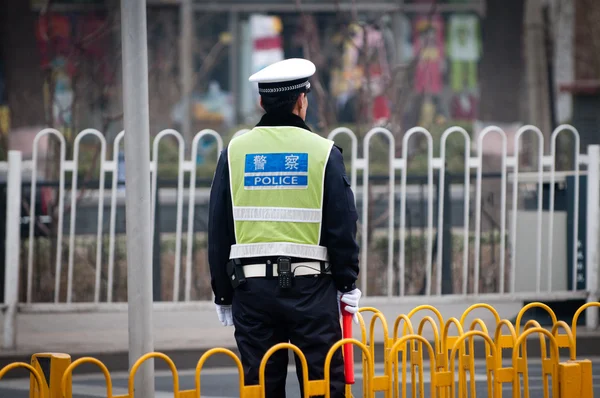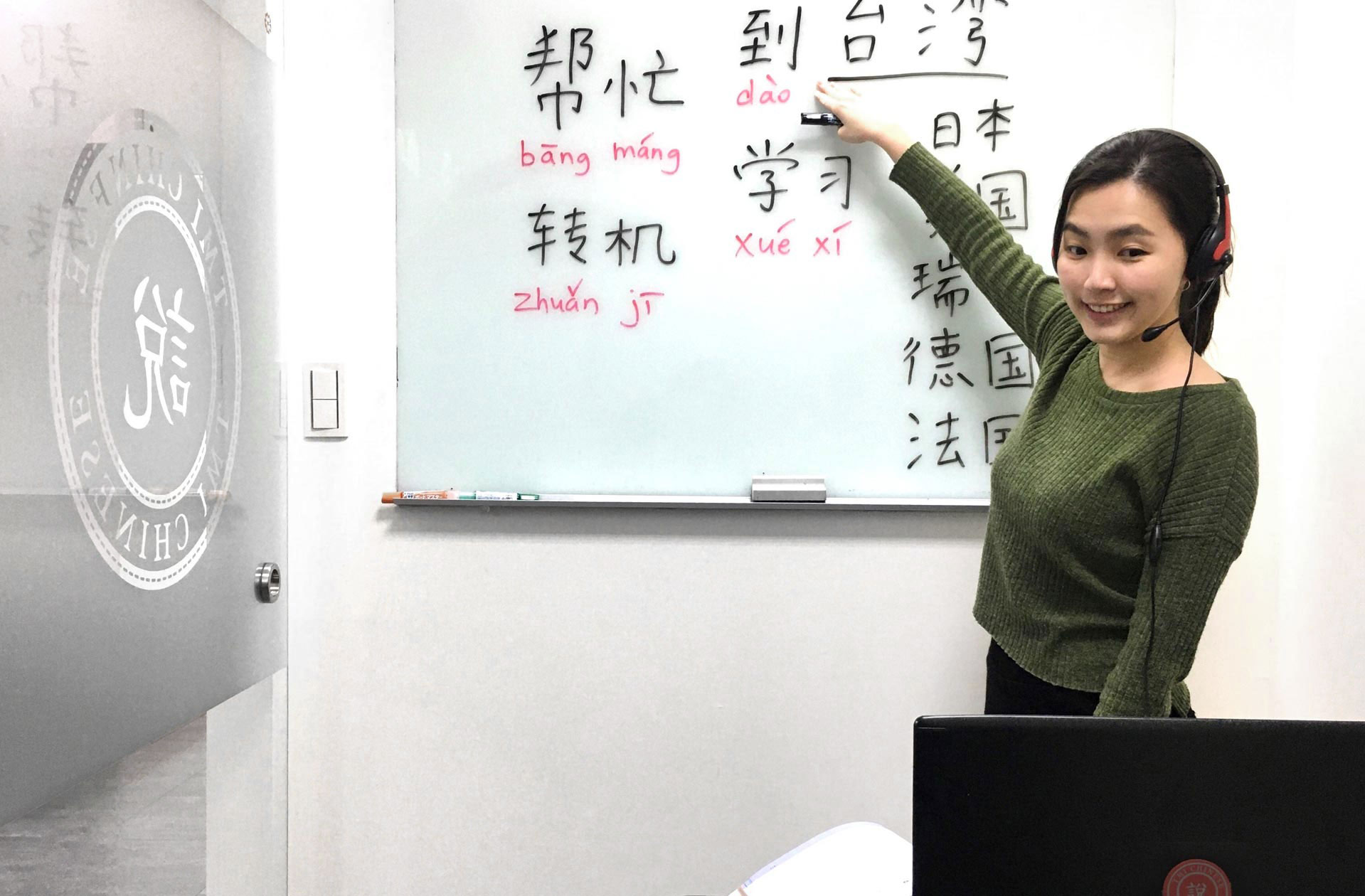The advanced posts have been getting crazy long and difficult, so I’m taking it down a tiny notch with this essay by Zhang Ailing (张爱玲), better known in the west by her English name Eileen Chang. And also, hot damn, it’s about time I put some women writers up on here!
Zhang Ailing was the fashionable diva of mid-20th century Chinese literature. One of her most famous works was Lust, Caution, which was translated into English and made into a very spicy motion picture.
This short essay was published in June 1944 in the monthly magazine《天地》, issue 9. It is set in Shanghai, and describes a brief scene of police brutality she witnessed. Considering the global protests over the death of George Floyd, it seems like a pretty relevant post for the times.
Her torrid novels and short stories often mirrored her complicated family and love lives. The Zhang Ailing of my imagination, the woman her novels and language paint for me, was a jaded, witty, stylish It Girl, bedecked in diamonds, admired by all, waving a long cigarette around, someone who speaks flippantly and pretends to be concerned only with the trivialities of life – clothes and gossip and boyfriends – but whose devil-may-care persona masks a deep well of melancholy feeling. This piece is a great specimen of her feminine “I don’t care but actually I do” style.
Some language stuff
No matter how short Zhang Ailing’s stuff is, I always find a few phrases that I have a rough time with. Some because they’re colloquial, but more often because though the words in the sentence are reasonably simple, they always seem to carry a more nuanced meaning that I feel like I’m missing. The last two sentences in this piece are a perfect example. I had to read them several times to get to the heart of her meaning, and I have my own thoughts on it, but before I tell you mine, I’d like to hear yours in the comments.
A few other points:
外滩 wài tān – The Bund in Shanghai
手帕交 shǒu pà jiāo – A female best friend
姨太太 yí tài tai – A concubine
阿sir是为仔要我登牢子? – In this story, someone says this as a joke to a policeman who is staring at him threateningly. This is definitely not standard Mandarin. The two Chinese friends I asked didn’t know, and had to go look it up. Eventually, we worked out that this is a form of local dialect (mixed with English), and in more standard Mandarin is: 阿sir是不是为了要我去坐监牢? Or: “Is Sir [are you] doing that [staring at me like that] because you want me to go sit in jail?”
Want something easier?
Du Chinese has a big catalog of easy HSK 1 and HSK 2 texts for ultra-beginners. There are quite a few free practice lessons, but CRP readers get 10% off on paid accounts using the discount code CRP10.
《打人》
在外滩看见一个警察打人,没有缘故,只是一时兴起,挨打的是个十五六岁的穿得相当干净的孩子,棉袄棉裤,腰间系带。警察用的鞭,没看仔细,好像就是警棍头上的绳圈。“呜!”抽下去,一下又一下,把孩子逼在墙根。孩子很可以跑而不跑,仰头望着他,皱着脸,眯着眼,就像乡下人在田野的太阳里睁不开眼睛的样子,仿佛还带着点笑。事情来得太突兀了,缺乏舞台经验的人往往来不及调整面部表情。
我向来很少有正义感。我不愿意看见什么,就有本事看不见。然而这一回,我忍不住屡屡回过头去望,气塞胸膛,打一下,就觉得我的心收缩一下。打完之后,警察朝这边踱了过来,我恶狠狠盯住他看,恨不得眼睛里飞出小刀子,很希望我能够表达出充分的鄙夷与愤怒,对于一个麻风病患者的憎怖。然而他只觉得有人在注意他,得意洋洋紧了一紧腰间的皮带。他是个长脸大嘴的北方人,生得不难看。
他走到公众厕所的门前,顺手揪过一个穿长袍而带寒酸相的,并不立即动手打,只定睛看他,一手按着棍子。那人于张惶气恼之中还想讲笑话,问道:“阿sir是为仔要我登牢子?”
大约因为我的思想没受过训练之故,这时候我并不想起阶级革命,一气之下,只想去做官,或是做主席夫人,可以走上前给那警察两个耳刮子。
在民初李涵秋的小说里,这时候就应当跳出一个仗义的西洋传教师,或是保安局长的姨太太(女主角的手帕交,男主角的旧情人。)偶尔天真一下还不要紧,那样有系统地天真下去,到底不大好。




